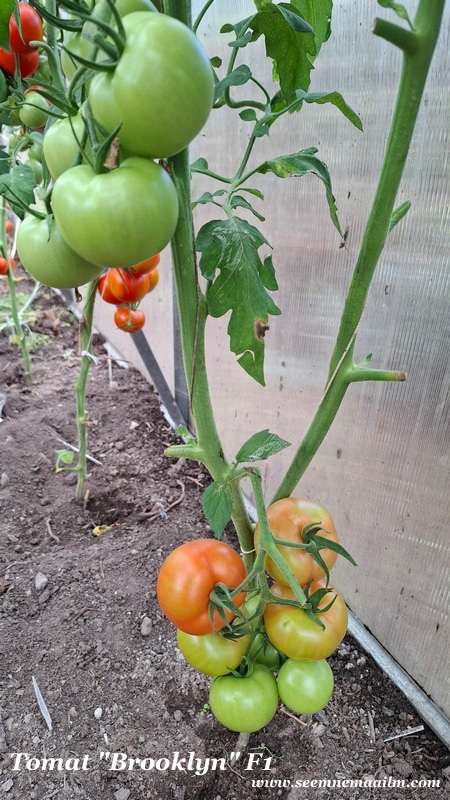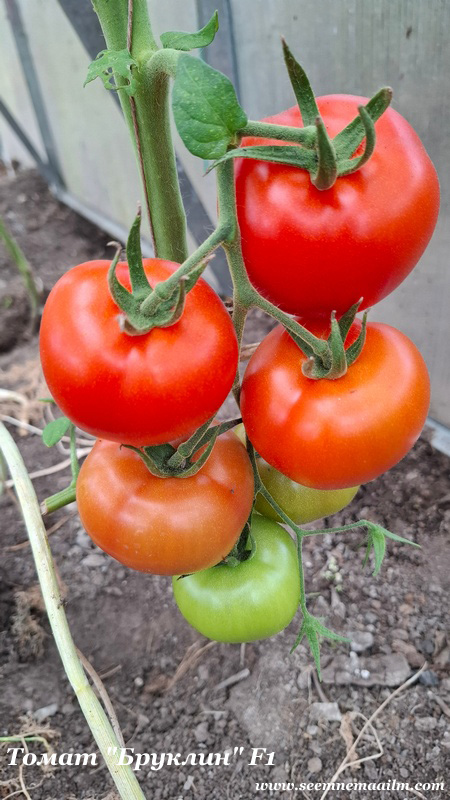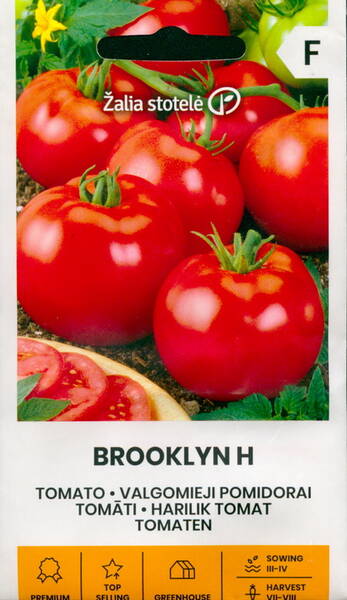It tolerates changing growing conditions very well.
A compact plant with short internodes and a powerful root system, with a high yield (up to 38 kg/m2) with an average fruit weight of 150-170 g.
The fruits are rounded, slightly ribbed, bright red with a gloss, perfectly stored and transported.


Mineral fertilizers for tomatoes.
❖ Of the nitrogen fertilizers, ammonium nitrate (it contains 34% nitrogen), ammonium sulfate (20.5-21.5%) and urea (carbamide), which contains 46% nitrogen, are most often used when growing tomatoes.
All ammonium fertilizers cause soil acidification, which has an adverse effect on the growth of tomatoes and other vegetable crops (the same amount of lime from the soil is used to neutralize 1 kg of ammonium sulfate).
❖ Phosphorus fertilizers are simple powdered or granulated superphosphate (14-19% phosphorus) and double granulated superphosphate (45-50% phosphorus).
❖ Potassium fertilizers are used in the form of potassium salt (30-40% potassium), potassium chloride or potassium chloride (52-60%) and potassium sulfate (45-50% potassium). When potassium chloride is used in large doses, a high concentration of chlorine is created in the soil, which can damage the root system of tomatoes, especially in greenhouse conditions (in addition, the presence of chlorine significantly worsens the taste of the fruit). Potassium salt poses the same danger.















